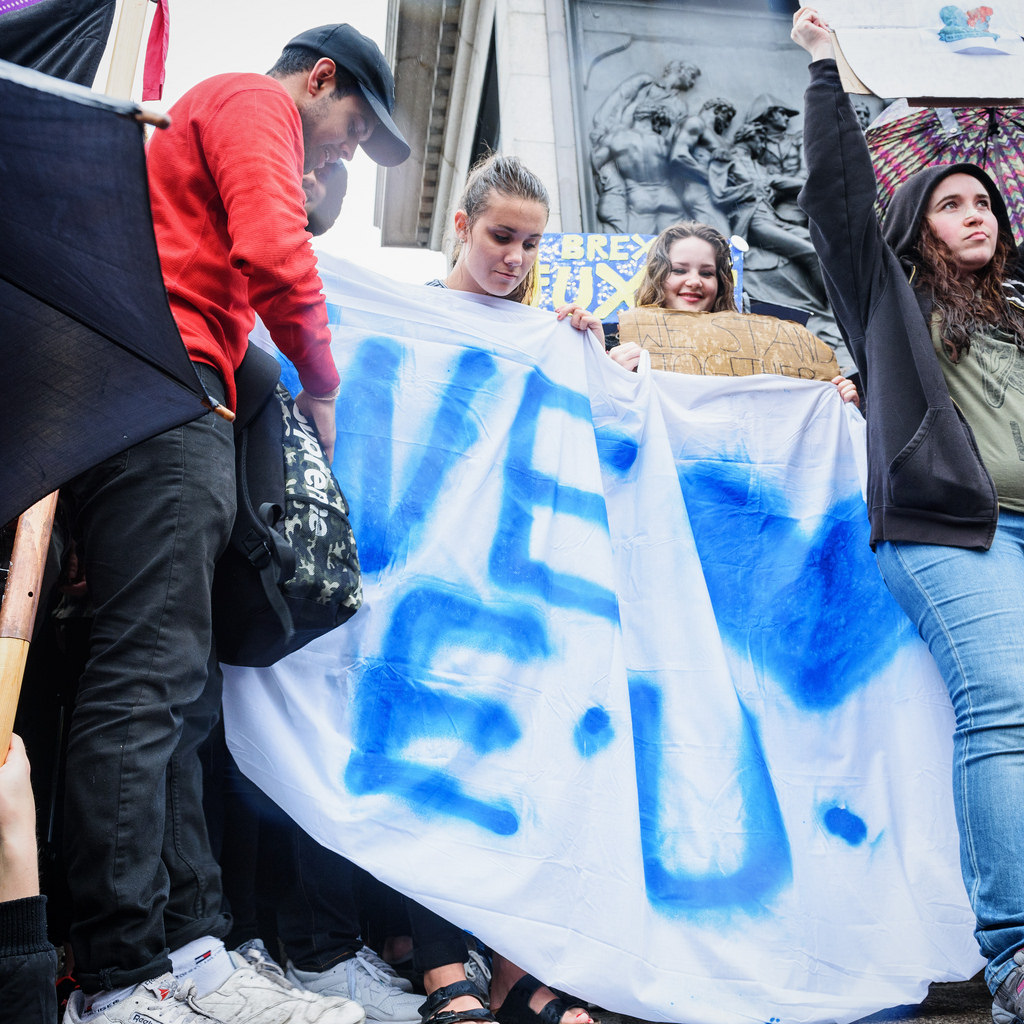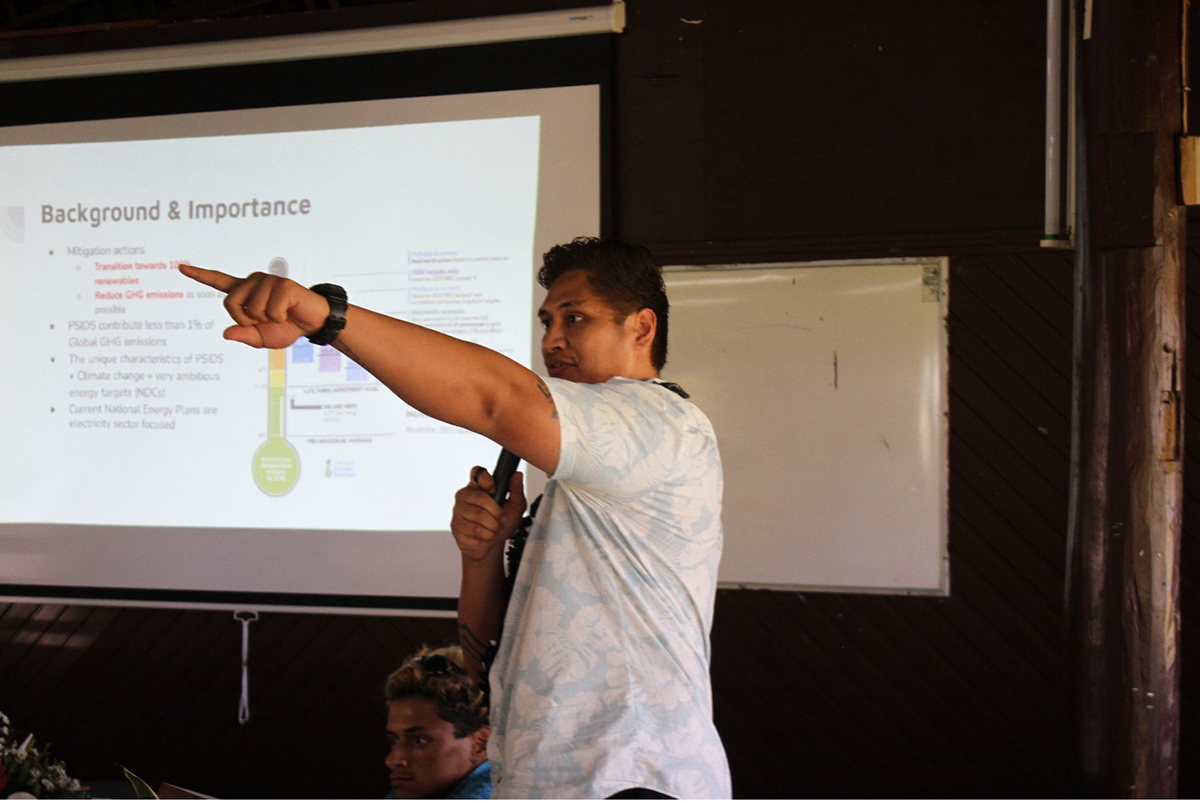“Mayor wants power to negotiate for London”
August 15 London results in the UK’s “Brexit” vote set the stage for a discussion about autonomy and the economy, writes Ruth Adeyi, 23, a Correspondent from London, UK.
London results in the UK’s “Brexit” vote set the stage for a discussion about autonomy and the economy, writes Ruth Adeyi, 23, a Correspondent from London, UK.
Across London most boroughs voted to ‘remain’ in the EU. Roughly 60 per cent – 2.2 million Londoners voted remain. Polls show that across the 33 boroughs, only five voted leave. Given that the majority of London supported the ‘remain’ campaign, the Mayor of London Sadiq Khan wants more powers for London.
At The Times CEO Summit, Sadiq Khan said, “On behalf of all Londoners, I am demanding more autonomy for the capital – right now. More autonomy in order to protect London’s economy from the uncertainty ahead. More autonomy to protect the businesses from around the world who trade here. And more autonomy to protect our jobs, wealth and prosperity. London needs to be able to determine its own future from now on.”
Given that there seems to be no way to reverse the ‘leave’ vote, Khan is arguing that devolution is the best path towards reuniting Britain. “It is now absolutely crucial that we move fast. We can’t hang around for the outcome of the EU negotiations before we give London more control – it needs to happen now,” says Khan.
The Mayor recently stated that single market access should be the government’s first, second, and third priority. He is lobbying with the government for single market access to ensure London’s continued success. Currently, the UK’s membership of the EU guarantees full access to free movement of goods, finance, and people without any tariff payments. The demand for ‘access’ to the single market is very much a call for unrestricted membership; however, without free movement of people and Britain paying into the EU, experts suggest that the negotiations will be complicated.
At a time of party conflict Khan has acknowledged the significance of Brexit and the importance of solutions. and he is turning the public’s attention towards these. Still, only time will tell what outcome Britain’s negotiations with the rest of Europe will reach. Major concerns for London will be maintaining the business of the financial services industry and the free movement of people.
photo credit: _DSC9197-Edit.jpg via photopin (license)
…………………………………………………………………………………………………………………
About me: My name is Ruth and I live in London. My main interest is the “International Drug Complex”. Using existing research on the failed “war on drugs”, I hope to draw awareness to how the international community and legal intervention in different countries is re-interpreting drugs, the drug market, and law enforcement.
My other interests include feminist theory, international trade and labour, climate change and environmental policy, and issues of social justice.
…………………………………………………………………………………………………………………
Opinions expressed in this article are those of the author and do not necessarily represent the views of the Commonwealth Youth Programme. Articles are published in a spirit of dialogue, respect and understanding. If you disagree, why not submit a response?
To learn more about becoming a Commonwealth Correspondent please visit: http://www.yourcommonwealth.org/submit-articles/




